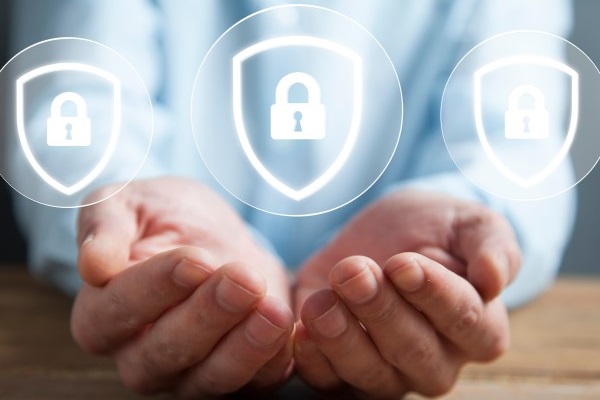What's the difference between confidential and anonymous concerns? How does confidentiality help? We put confidentiality in focus.

CIRAS is a confidential reporting service, but what do we mean by confidential? Why do we offer confidential – and not anonymous – reporting, and what is the difference?
To start with, it means that anyone raising their health, safety and wellbeing concerns with us has their identity protected. We never share details which might identify you when we pass your concerns to the relevant company to investigate and take action. This puts the emphasis on the concern and not on the person reporting it.
As an independent, not-for-profit organisation, we have maintained the confidentiality of all those who have spoken up since we started in 1996.
We do ask for your details so that we can stay in touch throughout the reporting process. We contact you to fully understand your concern, get back to you with the company's response, and give you the opportunity to provide your feedback.
How confidentiality helps
Being able to contact you helps us to build the full picture of what your concern is about and how it is affecting you and your colleagues, so we can convey this big picture to the company and help them to understand its importance – of course, while protecting your identity.
And it means we can ask you further questions if we need to and if the company would like more (non-identifying) information for their investigation and response.
How is that different from anonymous reporting? When you raise a concern anonymously, no one knows how to contact you and you won't find out what happened as a result of your decision to speak up. You won't have a chance to give the detail that could help the company get to the root of the issue.
If you use CIRAS, the only people who know your identity are our reporting analysts, who discuss your concern with you. They will assess a range of factors to ensure we can keep your concern confidential. We take forward your concern in a way that does not risk identifying you or anyone else. If we think details of the concern could reveal your identity, we leave these out of the report.
Where there is no way to separate the concern from your identity, we don't want to leave you unable to speak out, so we'll point you in the right direction to take things further.
You have told us that confidentiality makes a difference to you too. A reporter said, 'Without CIRAS I would not have felt so comfortable reporting the issue, due to repercussions. CIRAS is a good way of reporting and preventing possible serious accidents.'
There's more. CIRAS provides summary data to its member companies – strictly no identifying details – to inform wider discussions on safety and wellbeing. By understanding the job roles, areas of the industry and types of location (such as depots and stations) where concerns are coming from – and the sort of concerns that relate to these (fatigue, issues with training, rules and procedures and so on) – they can notice widespread issues or trends that require a closer look.
Confidential – and not anonymous – reporting makes this possible, so by speaking up you can contribute towards improving safety for everyone, not just where you are.
Find out more
How we maintain confidentiality
What's the difference between confidential and anonymous reporting?
Tags
- Confidential reporting
